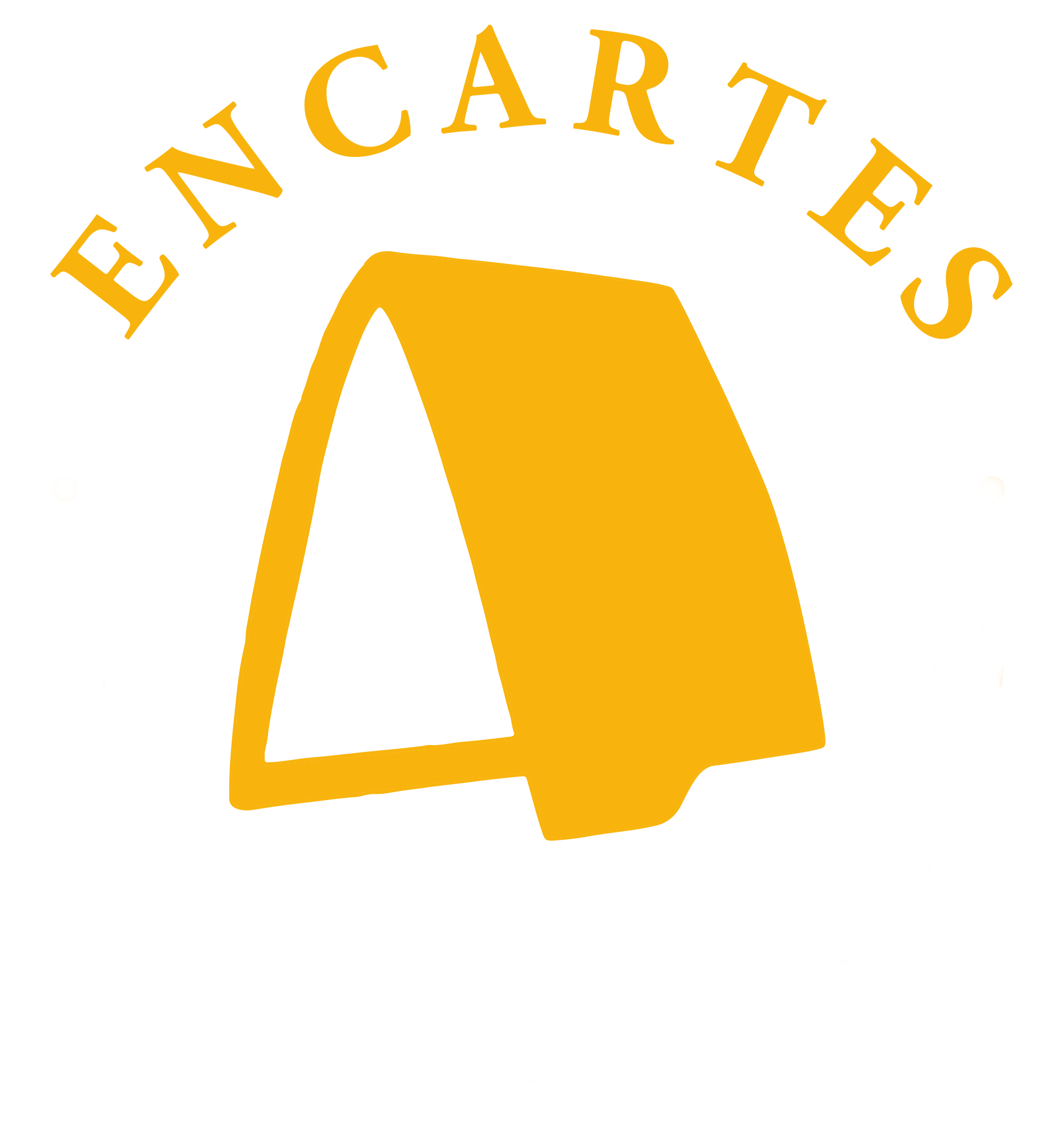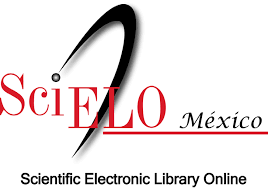Indexations
Encartes is hosted in these indexes and repositories:

CLASE is a bibliographic database created in 1975 at the National Autonomous University of Mexico (UNAM). The database is updated daily and more than 10,000 records are added each year.
It offers around 350 thousand bibliographic records of articles, essays, book reviews, bibliographic reviews, short notes, editorials, biographies, interviews, statistics and other documents published in about 1,500 journals in Latin America and the Caribbean, specialized in social sciences. and humanities.
The magazines included in CLASS comply with Selection criteria and they are analyzed by a multidisciplinary team.
Latindex is the product of the cooperation of a network of institutions that work in a coordinated manner to gather and disseminate information on scientific serials produced in Latin America. The idea of creating Latindex emerged in 1995 at the National Autonomous University of Mexico (UNAM) and became a regional cooperation network as of 1997.
It includes scientific, technical-professional and scientific and cultural research journals that are published in Latin America, the Caribbean, Spain and Portugal. In addition, it offers information on magazines with Ibero-American content published anywhere in the world. Journals can be printed or electronic, from all scientific disciplines.
Latindex has two main information services: 1. DIRECTORY, which offers bibliographic and contact data of all registered journals and 2. CATALOG, composed of journals with the highest quality standards in accordance with the methodology from Latindex.
Additionally, the website provides specific information about the journals available online, whether they are registered in the Directory or rated in the Catalog. In the section "Products" More information on these resources and how to consult them is provided.
Latindex also offers access to the full text of a selection of Ibero-American journals available on the most important portals in the region, through the "Portal de Portales Latindex".
The DOAJ is a community-curated online directory that indexes and provides access to high-quality, open-access, and peer-reviewed academic journals. DOAJ is independent. All financing is done through donations, the 40% of which come from sponsors and the 60% from publishers and members. All DOAJ services are free, including indexing in the DOAJ. All lThe data is available for free.
DOAJ has a worldwide education program that focuses on improving the quality of applications submitted.
AmeliCA is a communication infrastructure for scholarly publishing and open science. It is a cooperatively sustained initiative focused on the non-profit publishing model to preserve the academic and open nature of scientific communication.
AmeliCA emerged as Open Knowledge for Latin America and the Global South, however, in August 2019 and in a regional context in which platforms, national science councils, academic institutions and part of the academic community devalue local publication by aligning with the strategies of commercial publishers; and in an international context where initiatives such as Plan S define open science as a pathway, AmeliCA and Redalyc join forces to strengthen the non-profit publishing model to preserve the academic and open nature of scientific communication (also known as the diamond model ), beyond the Global South. This effort, born in the South and for the South, is open to all the magazines in the world that work for an inclusive, equitable and sustainable science communication ecosystem.

The Network of Scientific Journals of Latin America and the Caribbean, Spain and Portugal (Redalyc) is an academic project for the open access dissemination of scientific publishing activity worldwide, under an academic-led, non-profit model. Redalyc has become a system of indexing, visibility, interoperability, editorial production and preservation. It has also become a scientific information system that provides indicators on the publication, collaboration and use of scientific literature. Redalyc is promoted by the Universidad Autónoma del Estado de México, in collaboration with hundreds of higher education institutions, research centers, professional associations and publishers from all over the world and has (March 2019) a collection of 1304 scientific journals, 48 512 fascicles and more than 600 000 scientific articles available in full text.
Biblat is a portal of the National Autonomous University of Mexico (UNAM) specialized in scientific and academic journals published in Latin America and the Caribbean, which offers the following bibliographic references of articles and documents published in more than 3,000 titles.
SciELO Mexico is a digital library and virtual newspaper library that since 2004 offers open access to Mexican scientific journals in all areas of knowledge. It is developed by the DGBSDI of UNAM and is part of the regional SciELO network present in 17 countries. The publications follow the SciELO Publishing Schema in XML format. To enter, journals must meet specific criteria that can be consulted at SciELO Mexico Criteria. The system is managed by UNAM, promoting the visibility of Latin American scientific literature.











